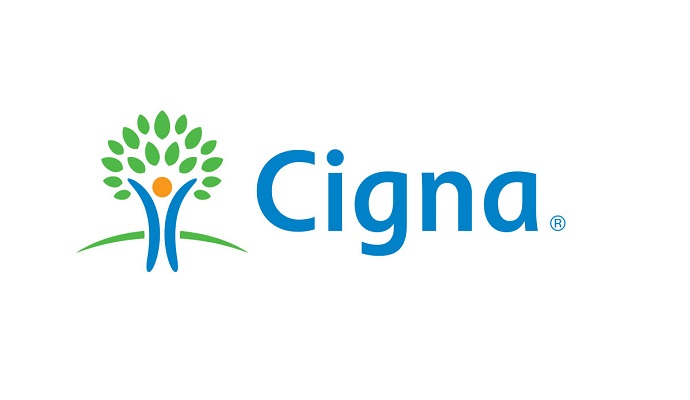Cigna and MSK Start Value-Based, Coordinated Cancer Care Program
The partnership, part of Cigna Collaborative Care initiative, relies on a value-based, coordinated care arrangement to streamline medical and insurance services.

Source: Cigna
- Cigna and Memorial Sloan Kettering (MSK) Cancer Center are collaborating to provide members with value-based, coordinated cancer care, Cigna announced.
“We’re pleased to partner with Memorial Sloan Kettering as we expand our collaborative care programs,” said Dave Kobus, president for Cigna's New York and New Jersey markets. “Collaborating with health care providers is one of the most important ways we can improve health outcomes and supports our goal of providing high-quality, affordable care to the people we serve.”
In the program, members are assigned an oncology care coordinator, who is an MSK oncology certified registered nurse, to manage their treatment. Each member will also be assigned a collaborative care associate from Cigna, who will be in charge of helping the oncology care coordinator in navigating a member’s Cigna benefits.
Cigna will also provide oncology case management services that will educate and provide resources not associated with the clinical setting for members and their caregivers.
Cigna’s oncology care coordination is organized into six components.
First, patients and their caregivers are educated on treatment options.
MSK providers then perform a comprehensive evaluation of the patient, not only of their physical wellbeing but also of their satisfaction overall.
The coordinated care team manages the patient-centered care from treatment in the clinical setting to their discharge plan and follow up.
Cigna and MSK also help patients and caregivers through end of life and palliative care with coordinated hospice care.
Cigna and MSK’s collaborative care program facilitates access to care and referrals. The companies streamline access to care and referrals by providing patients with 24/7 clinician availability and a central oncologist and oncology care coordinator who serve as the patient’s point of contact throughout the treatment process.
Finally, MSK providers return the patient to their primary care provider and ensure a smooth transferal through compiling a treatment summary and care plan.
Cigna Collaborative Care is centered around collaborative accountable care arrangements, incentivizing providers toward value-based treatments, and delivering improved health outcomes at lower cost and with a better patient experience. The payer has worked with healthcare delivery systems such as Scripps Health and Catalyst Health to provide coordinated care in various settings.
These arrangements distribute payment based on achieving goals for quality and costs. Each of the partnerships operates like the oncology partnership with MSK, where the one representative from the provider organization and one representative from Cigna serve as the points of contact. These two individuals—the provider’s care coordinator and the Cigna case manager—aim to streamline the medical and insurance-related elements of treatment. Since the program began in 2014, Cigna has initiated more than 210 arrangements with primary care physician groups across 32 states.
The program covers over 2.35 million patients. There are 131,000 physicians involved in Cigna Collaborative Care, with around 54 percent being primary care providers and the remaining approximately 46 percent being specialists.
When Cigna Collaborative Care began, 57 percent of its arrangements were in cardiology, gastroenterology, obstetrics-gynecology, oncology, and orthopedics.
Cigna Collaborative Care focuses on working with primary care providers. Their partners include large primary care practices, multi-specialty groups, fully integrated delivery systems, physician hospital organizations, and independent physician or independent practice associations.
“Cigna's success with Collaborative Accountable Care arrangements has helped our customers receive higher quality care and value, while making access to treatment more affordable,” said Laura Reich, MD, market medical executive for Cigna.
Other major payers are turning to value-based arrangements to serve their members fighting cancer. Humana recently initiated its Oncology Model of Care, which services Medicare Advantage and commercial members.
